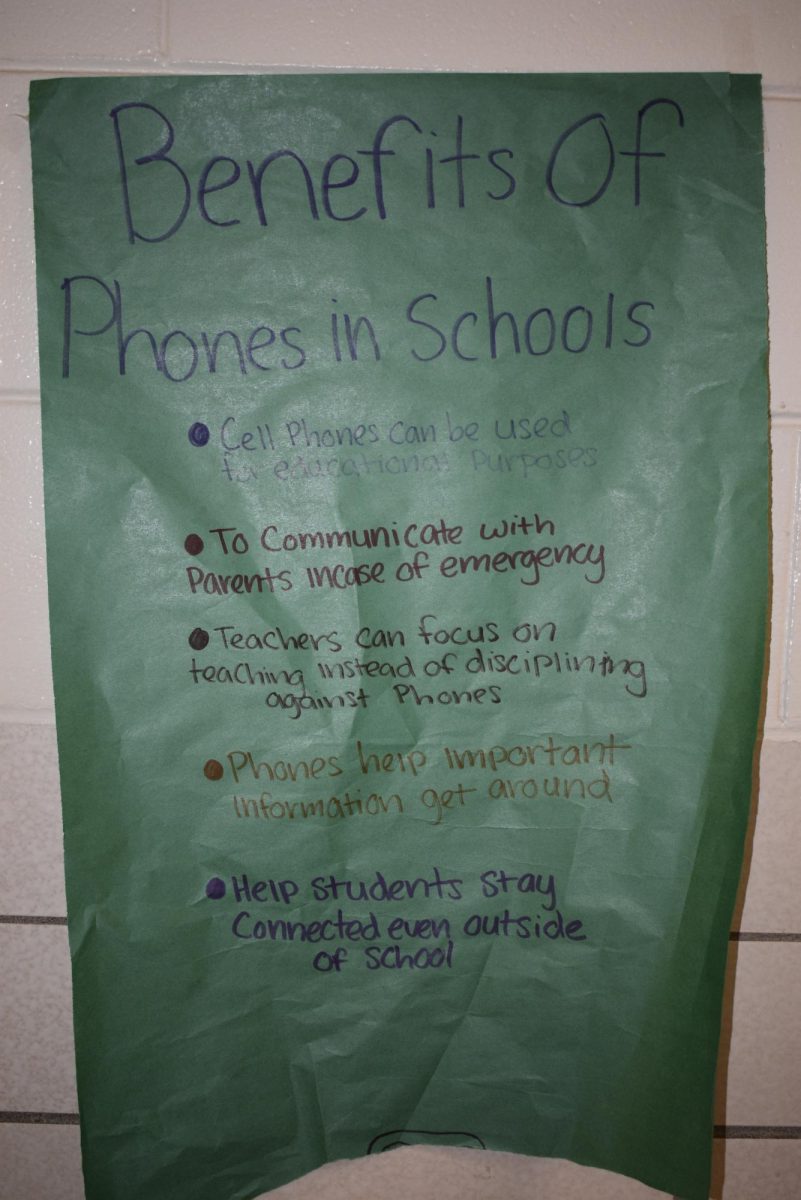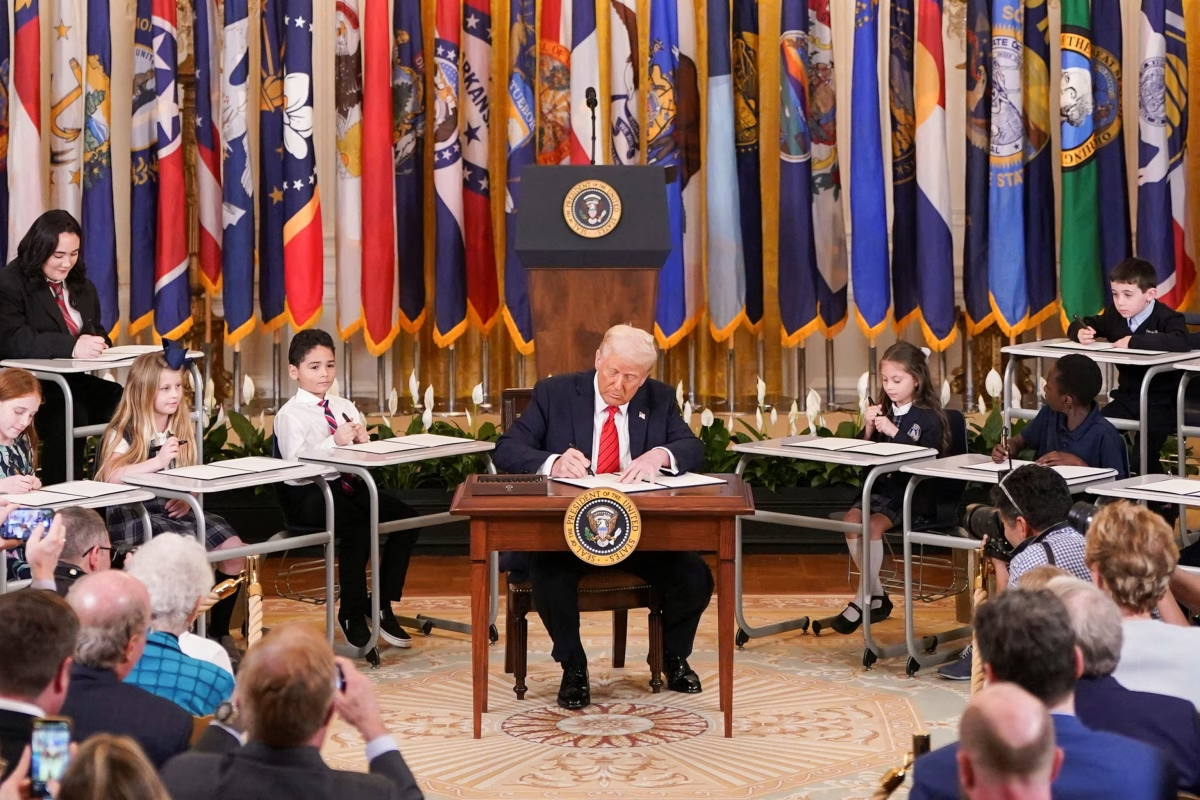Many schools across the country are imposing cellphone restrictions or bans, as an effort to remove the “distraction” they create. According to Pew Research, 95% of U.S. teens ages 13-17 have access to a cellphone. In modern society, it is unrealistic to expect teenagers not to use cellphones. During school hours, many students need to be able to contact their family and friends, and restricting this can not only cause problems with communication, but can cause students unnecessary anxiety.
As any student involved in extracurriculars knows, sometimes meeting or practice times change unexpectedly, which creates an issue in itself. Not being able to let your parents know as soon as you find out only worsens it. As found in a Pew Research study, 69% of teens say cellphones help them pursue their hobbies and interests.
To focus more on cellphone use in general, if students are prohibited from using them during the school day, they will never have the chance to self-regulate. Most teenagers are aware of their smartphone use, extreme or not, and are making efforts to control it. Out of teens with heavy cellphone use, 39% say that they cut back on screen time themselves, as reported by Pew Research. If bans are put into place, students will only want to use their phones more and will lack the self-control not to when outside of school.
Besides personal use, students’ phones are often incorporated into lessons or used as a backup for when other technology fails. A study done by Dr Yujuan Luo and Prof Mike Watts of Brunel University showed that 39% of teachers they surveyed believed that they could incorporate smartphones into their lessons effectively.
Even if teachers don’t want to directly integrate phones into their curriculum, they don’t want to use instructional time to enforce school phone policies. In a survey performed by Pew Research, 30% of teachers at schools with cellphone bans stated that they are hard to enforce.
At the end of the day, cellphone bans are a waste of time, as students will always find a way to use them anyways. Instead of trying to restrict smartphones, working on engaging lessons and teaching self-control with technology should be implemented instead.









